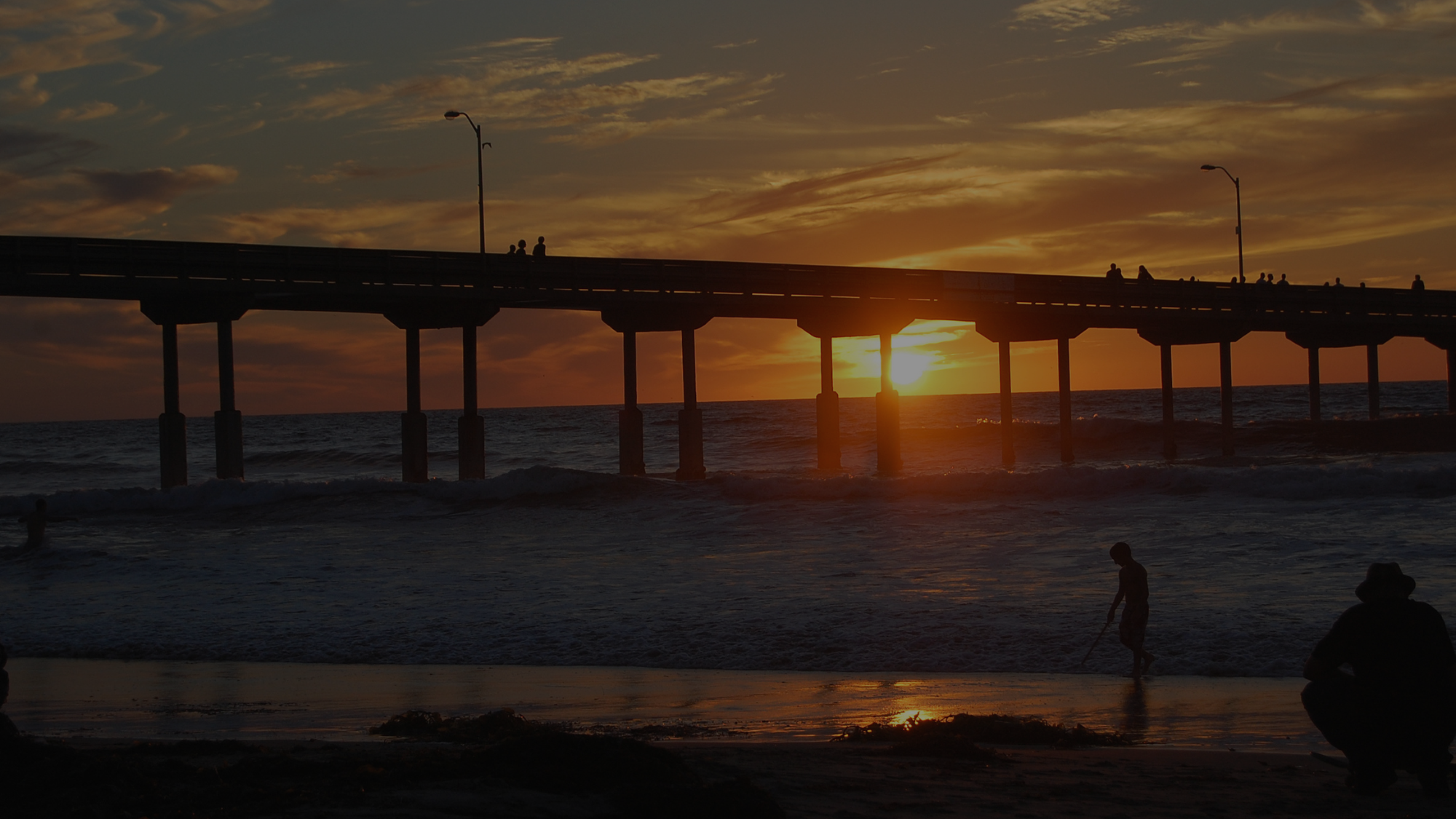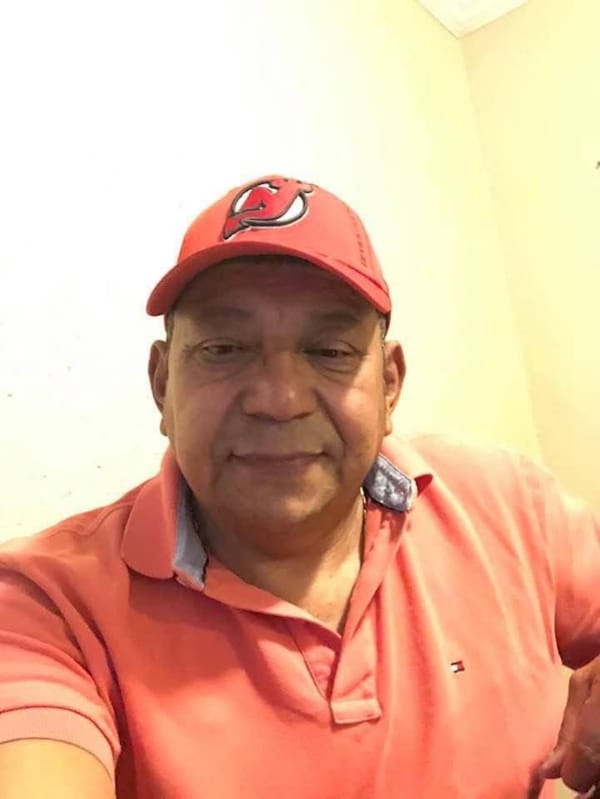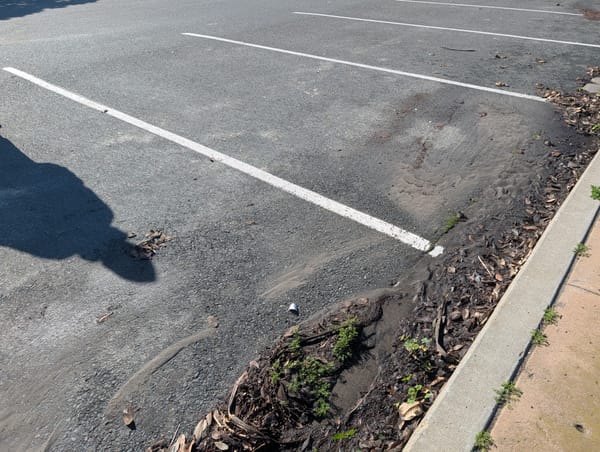Religious leaders escort immigrants leaving court hearings in act of solidarity
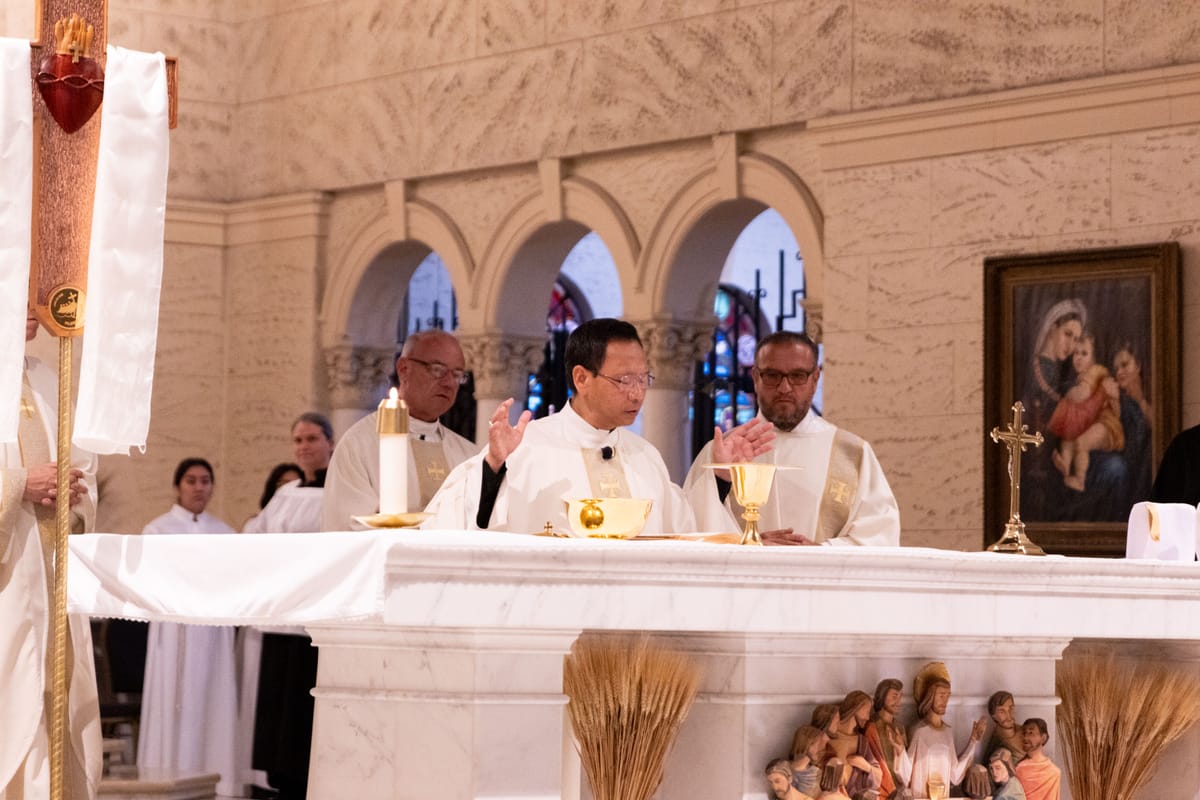
The interfaith delegation sought to add a layer of protection as Immigrations and Customs Enforcement arrests continue in courthouses, schools and churches across the country.
Written by Lauren J. Mapp, Edited by Kate Morrissey
A delegation of religious leaders attended immigration hearings in downtown San Diego on Friday to honor World Refugee Day and escorted immigrants after their proceedings to help them leave the building safely.
Bishops from the Roman Catholic Diocese of San Diego led the interfaith display of support at the Edward J. Schwartz Federal Building, responding to recent Immigration and Customs Enforcement arrests in the San Diego Immigration Court hallways. Immigration attorney Crystal Felix said the clergy’s presence in court had a “beautiful impact” on the cases heard by judges Friday morning as ICE officers left without making any arrests.
“Despite having multiple fake arrest warrants in their hands, they turned them into their supervisor and they left, so that was a direct impact on people's liberty today,” she said.
ICE officers began making immigration court arrests daily in San Diego in May. As part of those arrests, government lawyers move to dismiss the cases, and ICE officers take individuals into custody as they exit the courtrooms.
Since January — when the Trump Administration rescinded a long-standing policy preventing immigration officials from detaining people in “sensitive locations” — ICE officers have also made arrests in schools and places of worship.
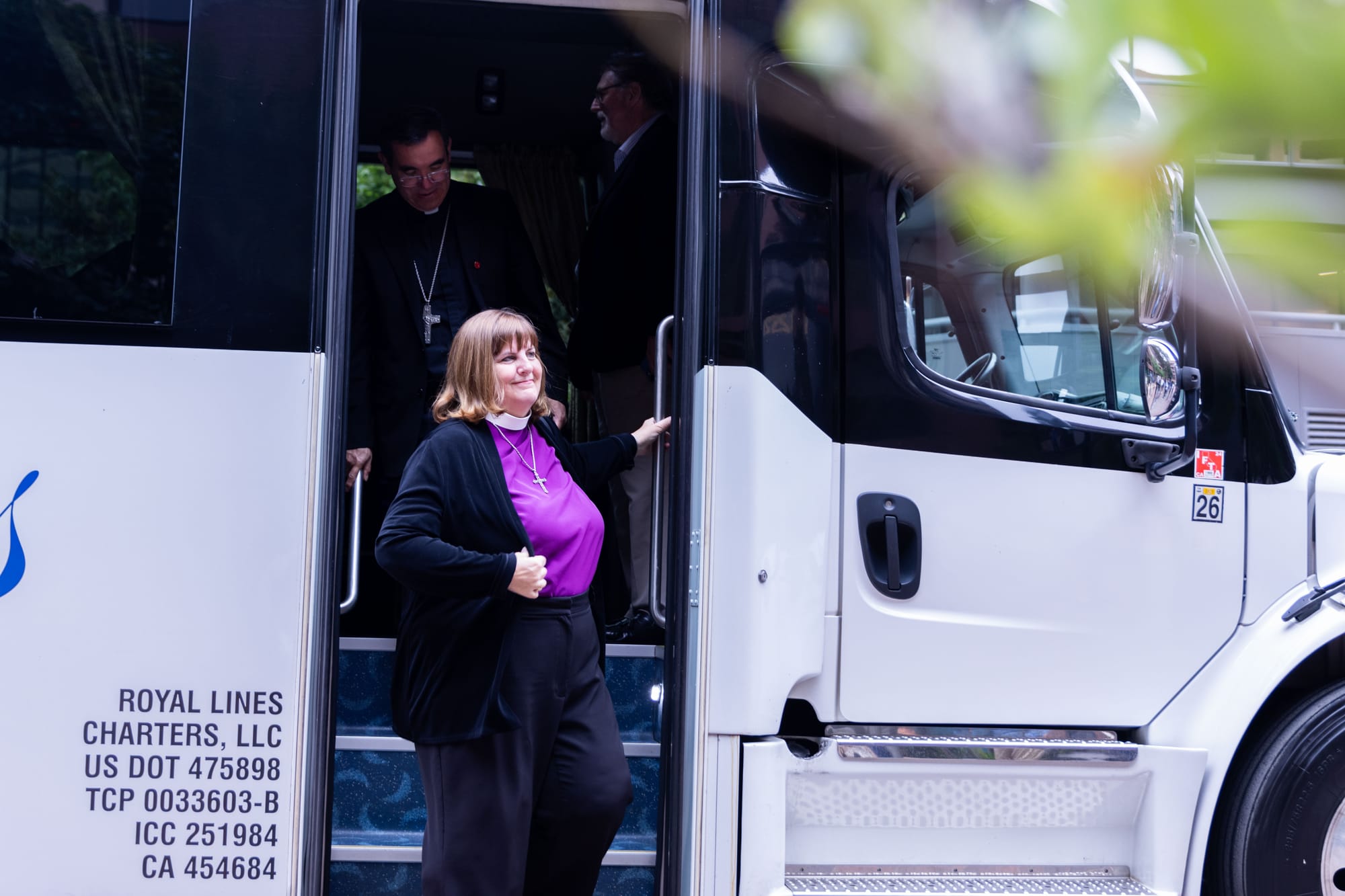
Susan Brown Snook — the bishop of the Episcopal Diocese of San Diego and a participant in Friday’s delegation — said the recent detentions have directly impacted many of the churches she oversees. She said some immigrant and refugee congregants and clergy members have avoided church services out of fear of being arrested.
“We've had people who are afraid to come to church,” Brown Snook said. “We've had ministries like food pantries and others where people are afraid to show up.”
In weekly messages to parishioners at Our Lady of Guadalupe in Logan Heights earlier this month, Father Scott Santarosa wrote messages encouraging people to continue attending masses in spite of the “fear due to the threat of ICE raids.”
“I want to assure you that we priests and some committed parishioners are keeping watch in front of the church during Sunday masses, morning and evening, to make sure that if anything were to happen, we would do all we can to protect you,” he wrote on June 8.
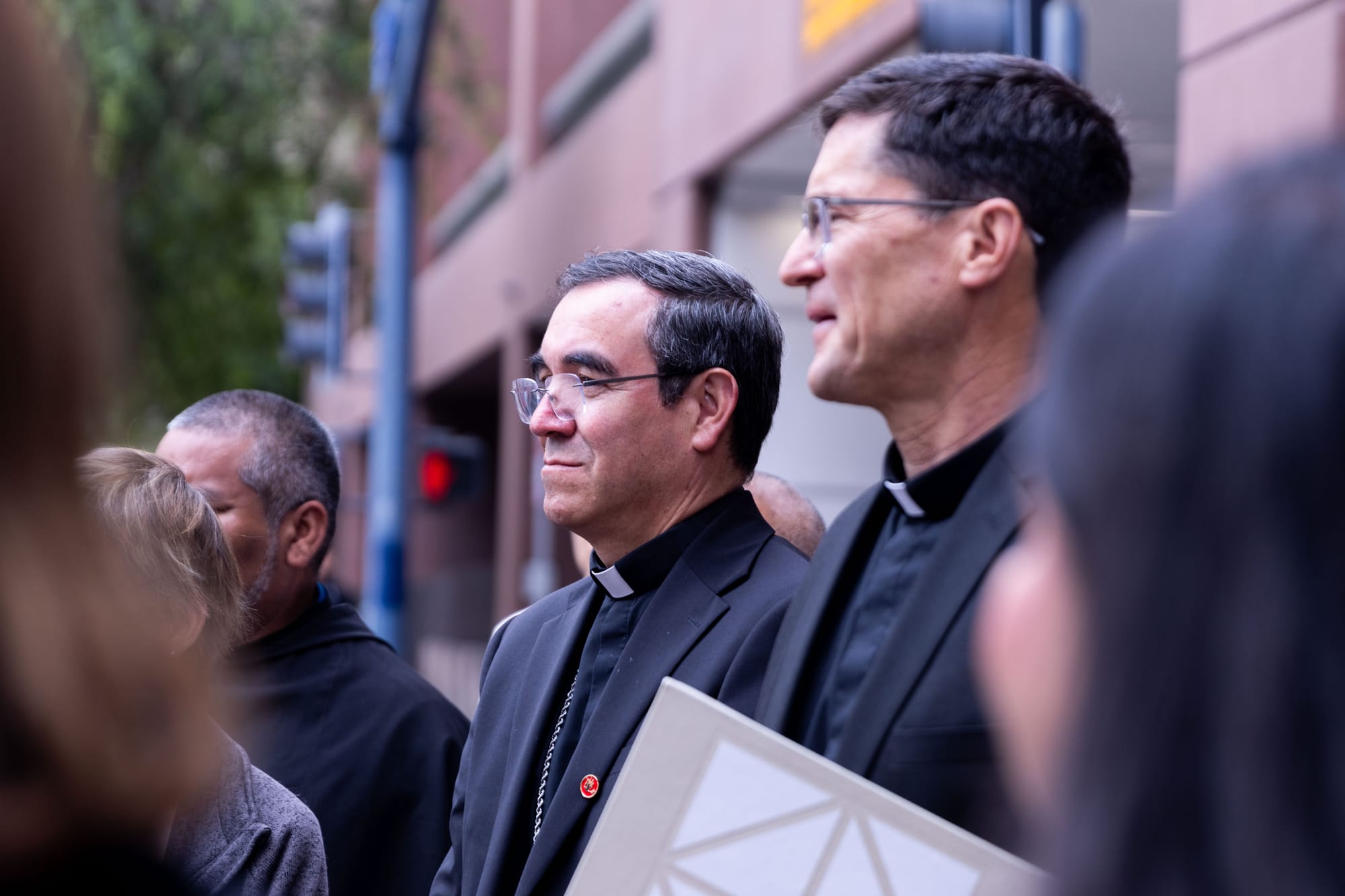
In a message the following week, Santarosa said that, despite rumors, ICE officers had not been present at the Jesuit parish.
“It is so painful to experience what is happening in cities across the country, where ICE agents are raiding and detaining our immigrant brothers and sisters,” Santarosa wrote.
On Friday, Santarosa told Daylight San Diego the messages he wrote to his congregation prompted a wider discussion of what religious leaders can actively do to respond to the ongoing arrests.
“The letter that we wrote about court visits went viral, and we realized we need to do something bigger to accommodate that,” he said.
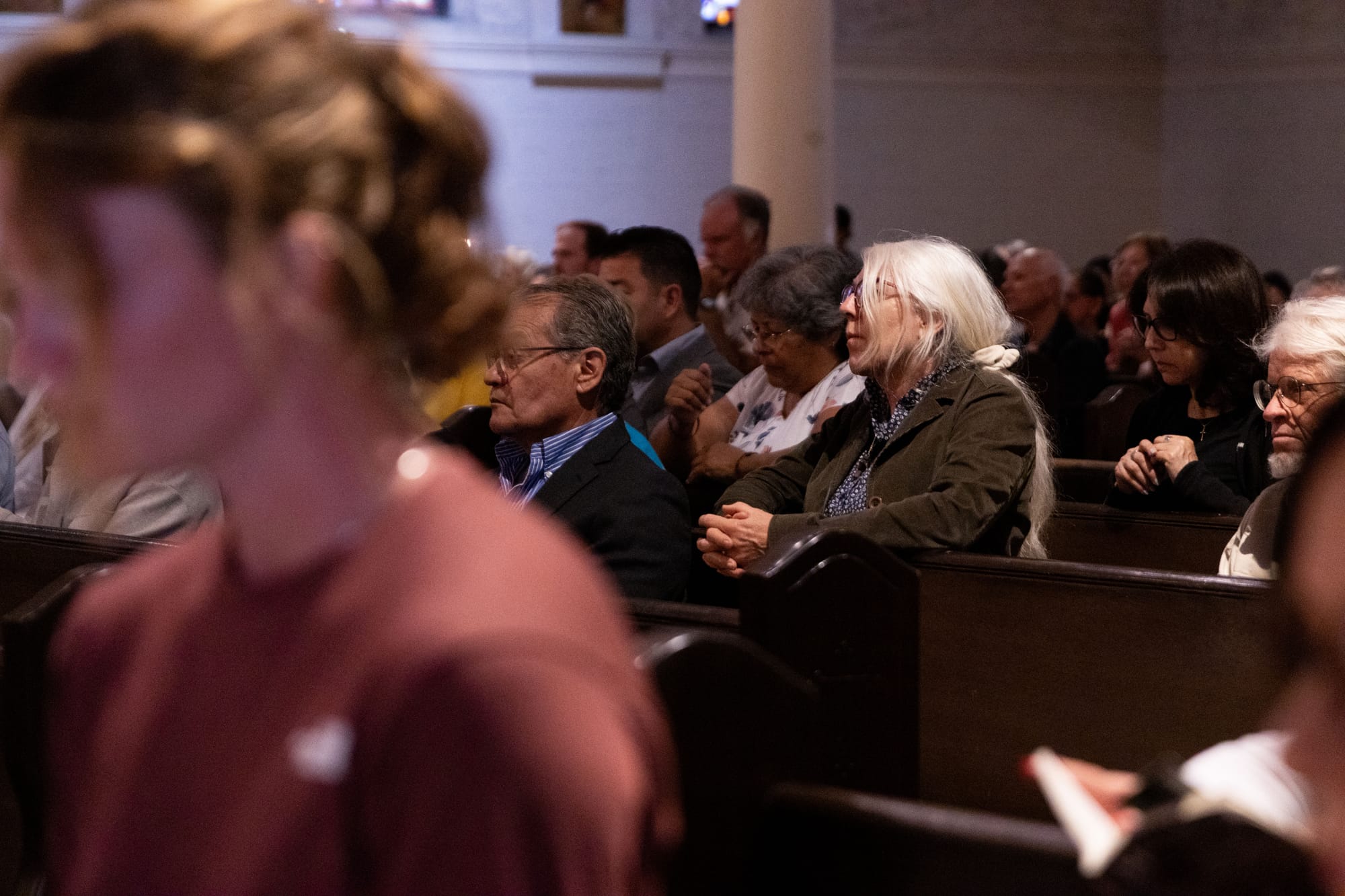
The World Refugee Day event began with Mass at St. Joseph’s Cathedral in downtown San Diego, where Bishop Michael Pham — who was recently named the head of the Roman Catholic Diocese of San Diego by Pope Leo XIV — blessed the interfaith leaders and spoke about his personal journey as a refugee from Vietnam during his homily.
“I’m still grateful to the United States, the nation of immigrants, for providing me with the chance to start anew,” Pham said during Mass.
In a press conference on the church steps after, he added that while there may be cultural and religious differences around the country, everyone is a part of “a human family” and deserves to be supported.
“When something like this happening to people, all people, whether documented or undocumented, we have dignity and values, and we need to treat one another with respect,” Pham said.
Then, 13 Roman Catholic, Muslim and Episcopal religious leaders took a shuttle to the Federal Building, where security guards initially stood in front of the doors to block their entry.
Once the faith leaders went inside, one guard told reporters they were not allowed to join the group, later threatening to deny access to people arriving for their hearings until the press left.
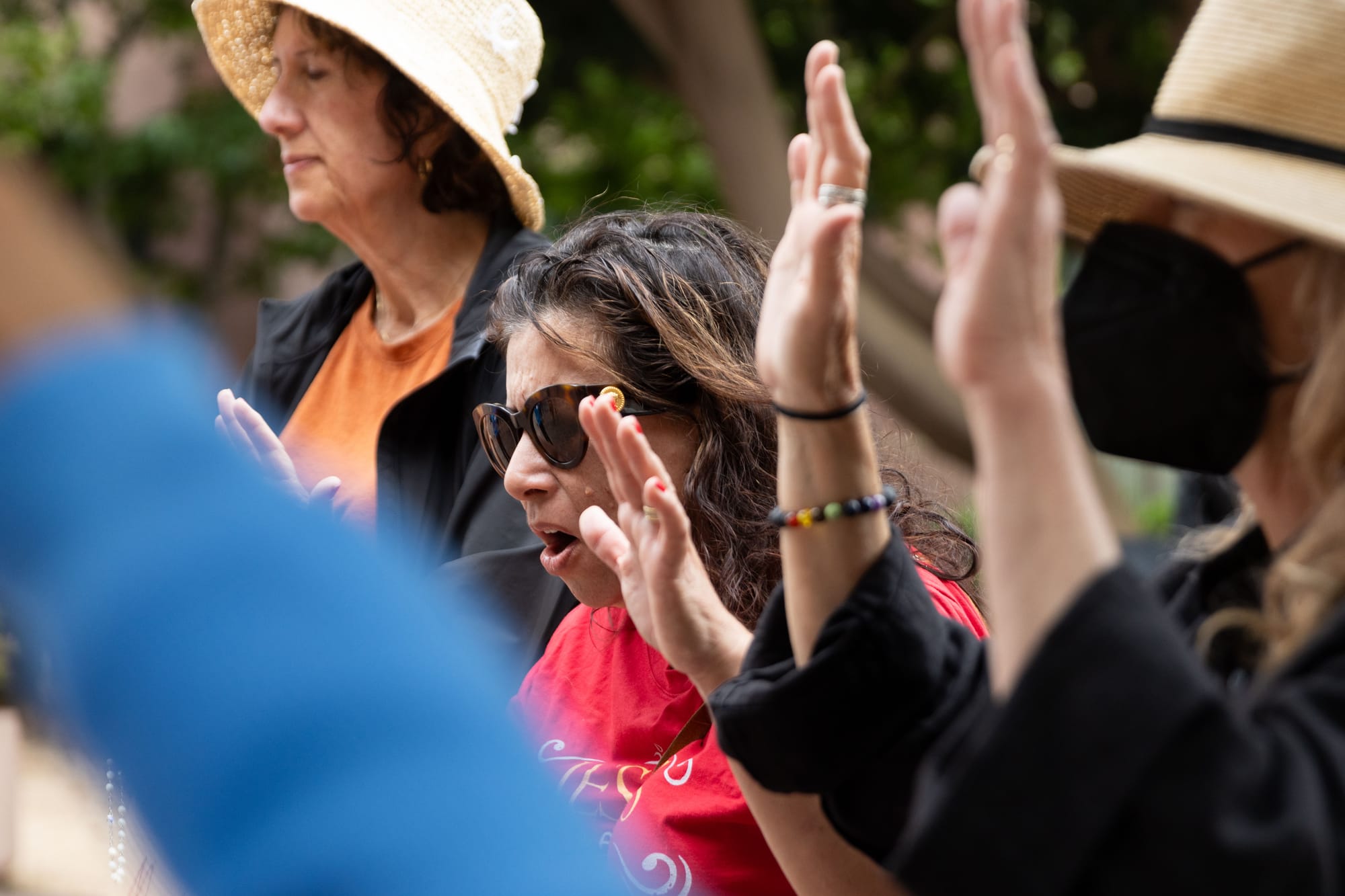
Several Christian followers prayed the rosary outside after the delegation entered, and one woman held a sign that read “Jesus was a migrant.”
Santarosa told reporters that when he first arrived in the immigration court, he saw masked ICE officers in the hallway.
“To see the ICE agents with masks is just a very intimidating presence,” he said. “Does that increase the fear of the migrants? I can only imagine, but I know that they came here this morning with great fear and trepidation.”
By the time security guards finally let members of the press enter the building without cameras, no ICE agents were present.
Imam Taha Hassane from the Islamic Center of San Diego said he had watched the end of the proceedings for a man from Azerbaijan, a country that is predominantly Muslim.
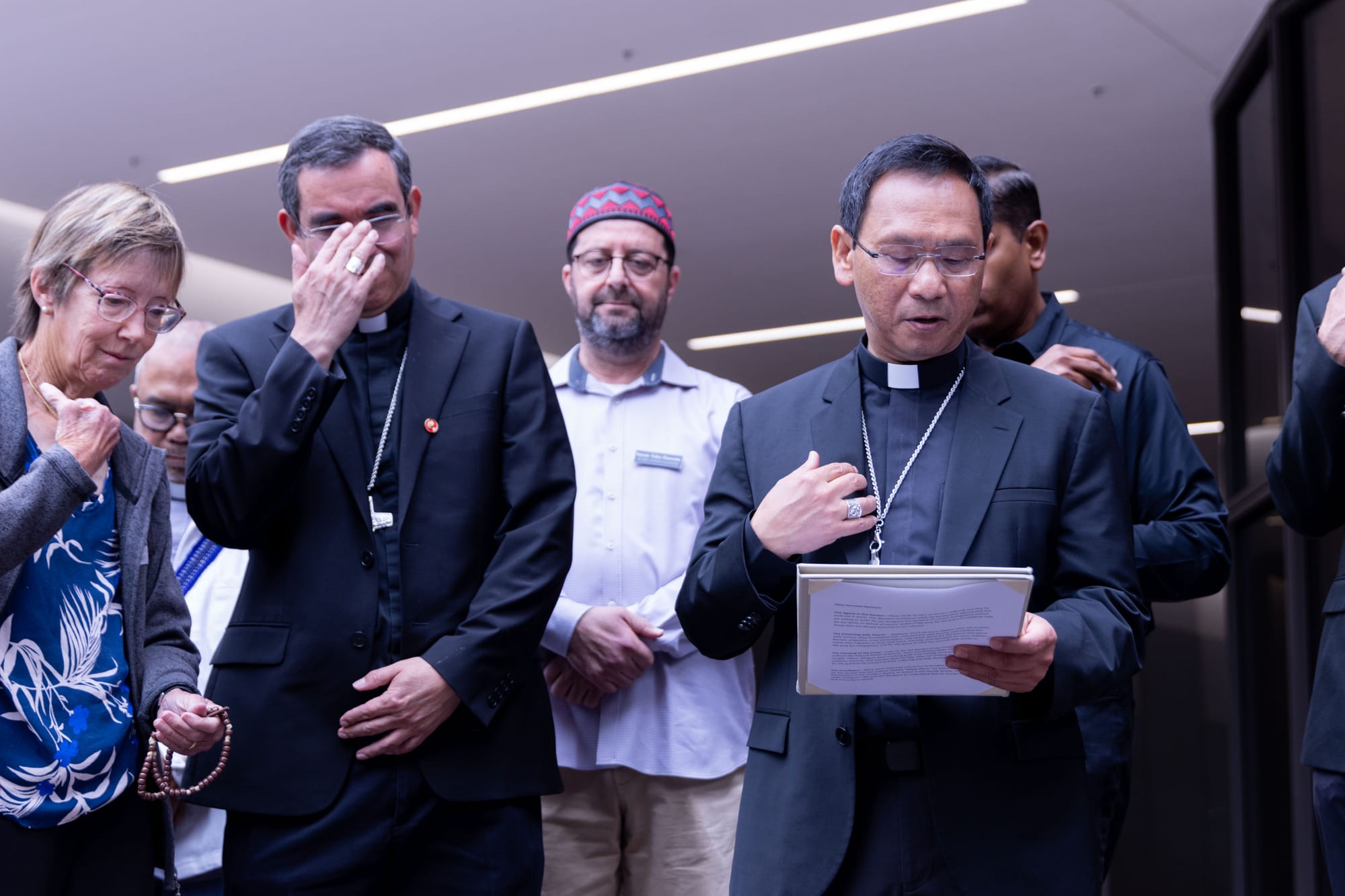
After the hearing ended, Hassane accompanied the man as he went to retrieve his passport. Along the way, Hassane said “assalamu alaikum,” an Arabic greeting that means “Peace be with you.”
“He was not expecting somebody to tell him ‘assalamu alaikum,’” Hassane said. “But when he knew that I'm a Muslim, I'm the Imam of the Islamic Center, he felt so happy and relaxed.”
While Friday was his first time going to immigration court to support people through their hearings, Hassane said it won’t be his last.
“By ourselves, we cannot do anything, but coming together like this with the bishop, with a lot of faith leaders, this is the power of the action,” he said.
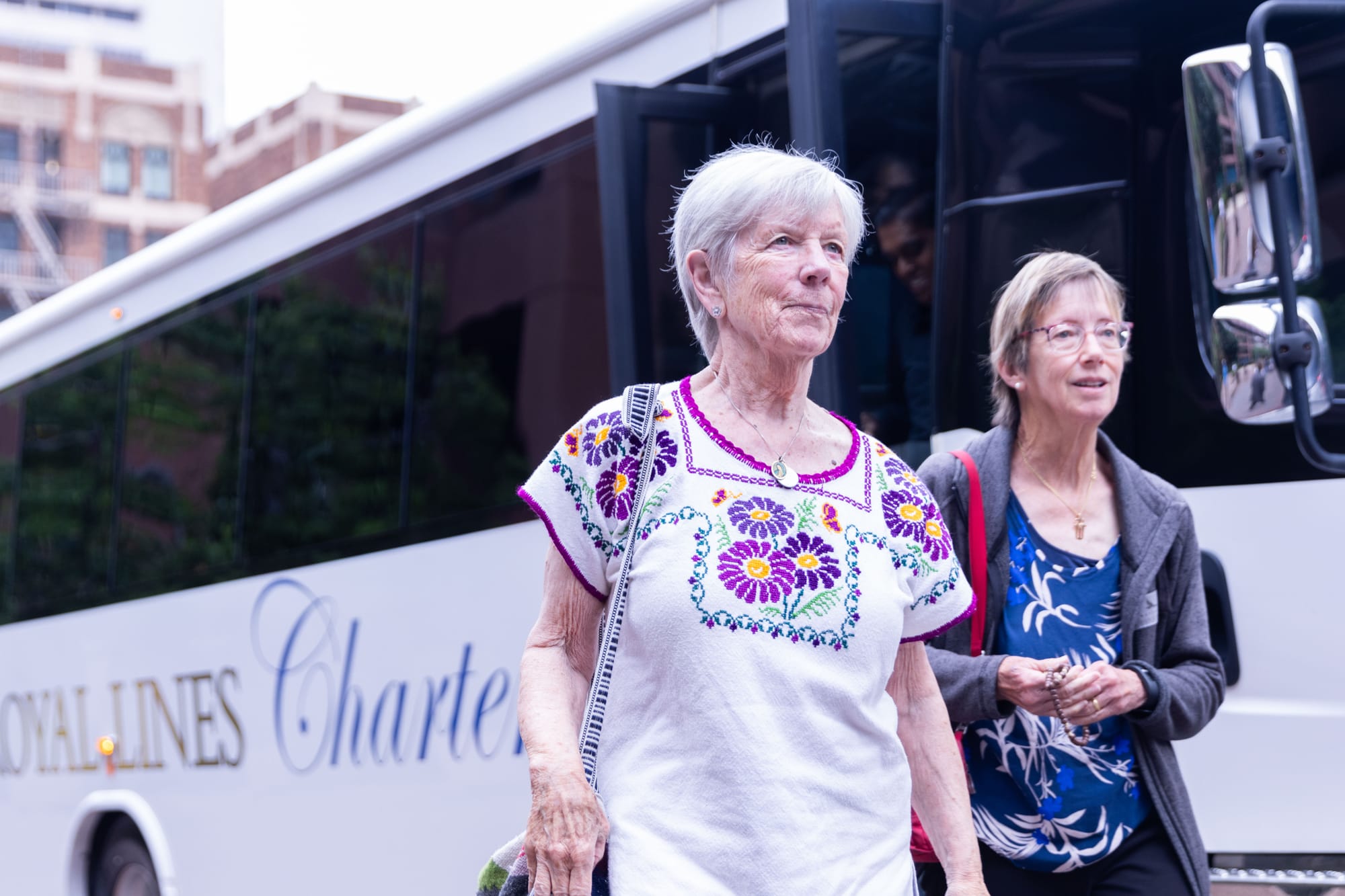
Brown Snook said she observed several hearings, including one where the person didn’t understand the court proceedings due to a language barrier. Another one was freshly reopened by the government after being closed two decades ago.
“I think all of us understand the need to remove criminals from this country, but here was a person who, by all accounts, was peaceful, and whose case had already been closed many years ago, and that was concerning to me,” she said.
Conversations about an ongoing response to ICE raids in San Diego will continue among San Diego’s religious communities, several of the faith leaders said.
“I think this would be a great new ministry that we could start,” Santarosa said. “I can't say definitively what's going to happen — all of this has been somewhat organic — I'm just grateful we are here today.”


